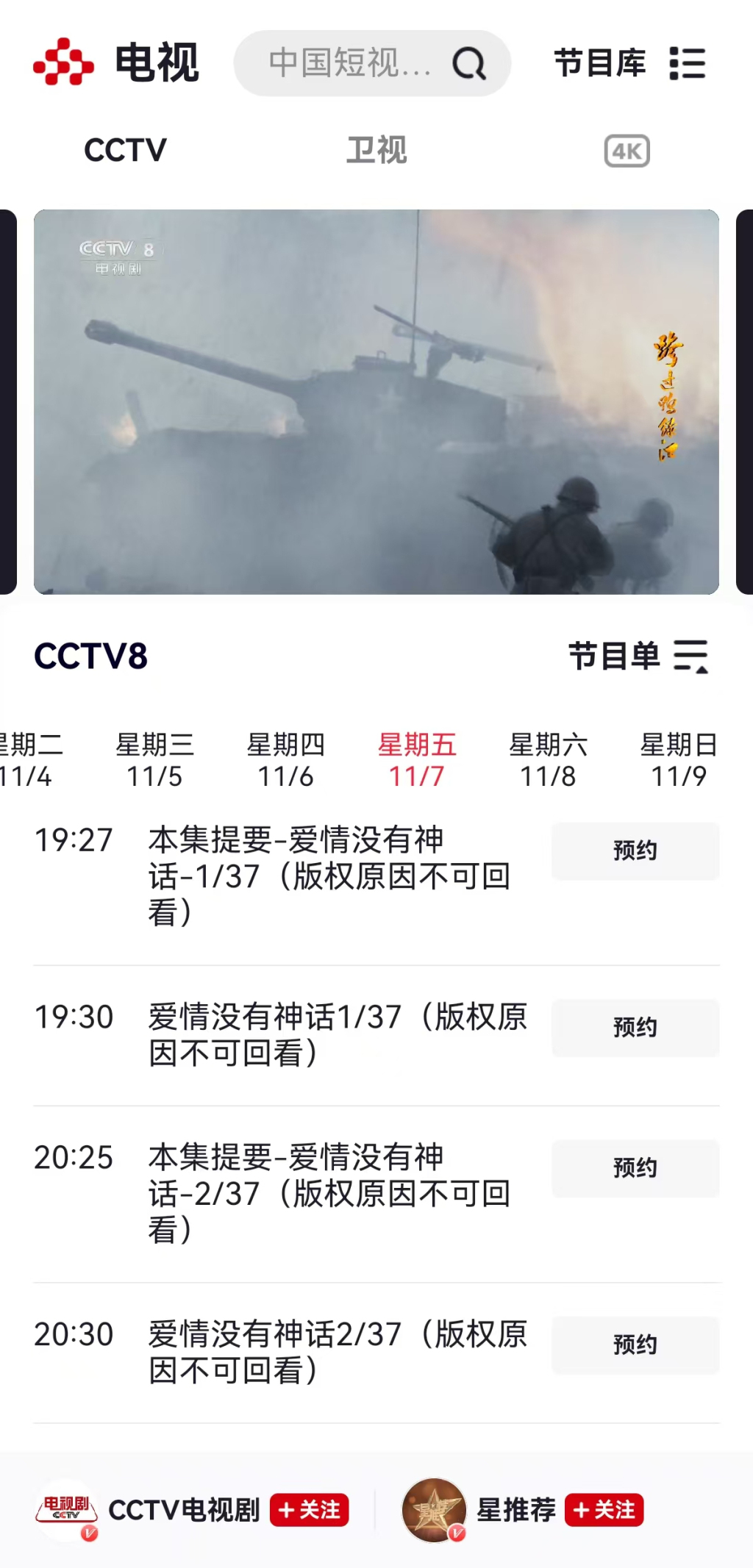
The TV series "Just in Time" tells the story of three middle-aged women facing various challenges in life, family and work. Listening to the introduction, it seems cliché, but it does not fall into the rut of family dramas, but truly reflects the troubles and pressures of middle-aged people, the sandwich layer of society.
When the drama was broadcast, it achieved outstanding results on multiple platforms. Many viewers who watched the drama expressed that they felt a sense of empathy: middle-aged unemployment, middle-aged bankruptcy, middle-aged return to the workplace, middle-aged second child, one arrow after another, accurately pierced the heart, but also brought healing and warmth.
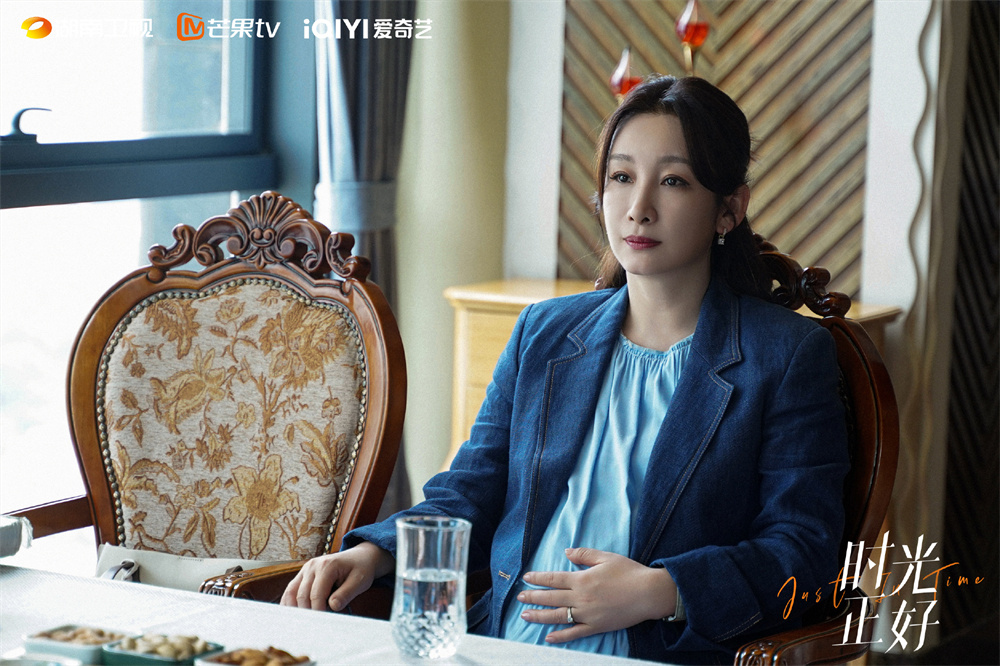
Qin Hailu as Xu Mengan
Screenwriter Xu Ran graduated from a film and television major, but after graduation she entered the media industry and worked within the system. Her work experience allowed her to write realistic themes without a sense of "floating". At the same time, she is also a mother of two children. In an interview, she laughed and said that her second child was born during the creation of "Just the Right Time". Her life experience just overlapped with that of the heroine Xu Mengan, which can be regarded as a wonderful fate.

Screenwriter Xu Ran
Women's independence does not mean living as an island
The original novel of the play, "My Mom is Pregnant," tells the story of a mother giving birth again from the perspective of her daughter. From the novel to the script, the complete core of the story is retained, but the structure is expanded and the perspective is changed. "Because film and television adaptations are lagging, some changes need to be made according to the changes of the times." Xu Ran said that later, the story turned to the individual perspective of the women themselves, looking at the pressures and difficulties they faced in their families, workplaces, and society, focusing on how the three women broke through individually.
This transformation was not easy and involved many explorations in different directions.
"When I first got this project, I was troubled by one thing: whether to have a second child." Xu Ran admitted, "I was 36 or 37 years old at the time, and my eldest son was 7 years old. I really wanted to have another child, but this would have some impact on my career. I couldn't make up my mind at the time." But after she finished writing the first draft of "The Time Is Right", perhaps she was healed by this story, and suddenly she felt that she could face this matter calmly.
After finishing the first draft of the 35-episode script, Xu Ran decided to have a second child. During the epidemic, the project was suspended for a while. After the second child was born, Xu Ran continued to revise the script. She also joked with the producer, "Look, I gave birth to a child to experience life for our play."
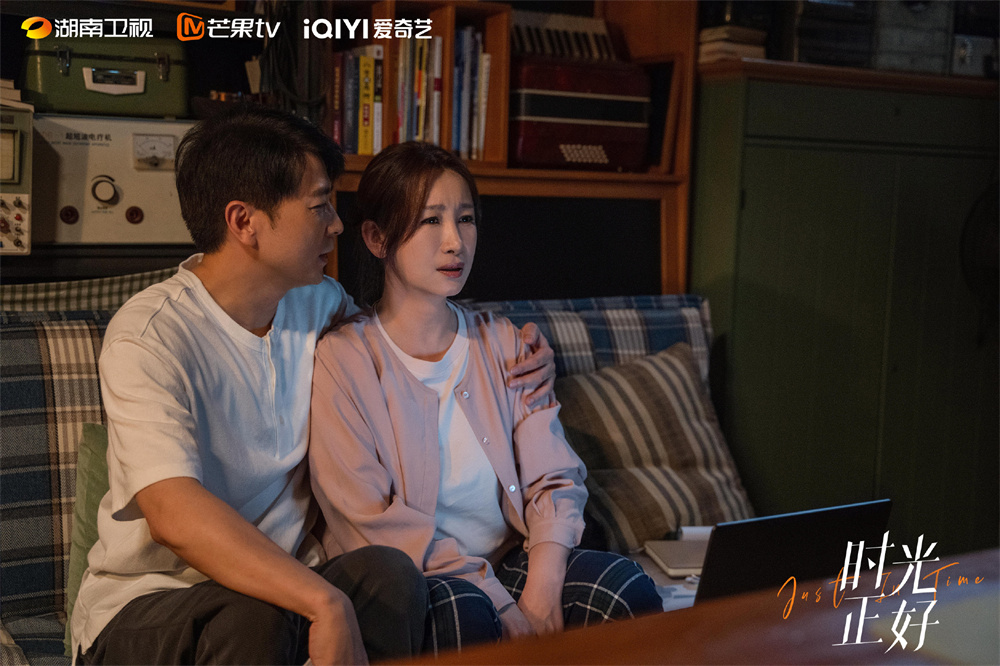
Stills from The Right Time
Initially, this project emphasized the growth of women's self. Family dramas also routinely feature some internal conflicts within the family, but it never achieved the effect that Xu Ran was satisfied with. In addition, with opinions from all sides, Xu Ran revised the first ten episodes six times. After giving birth to her second child, Xu Ran came back to revise the script, which gave her many new thoughts and experiences.
For example, women's self-growth and independence do not mean living as an island. Xu Ran believes that "people cannot grow in isolation, but must grow in various relationships", so she reduced the proportion of family conflicts in the play, presenting some small conflicts at home in a comedic way, but not opposing the family and the individual, "because the outside world is full of ups and downs, but family is the most important support", this is Xu Ran's true feeling after giving birth to her second child. In addition, women are not always confined to the management of family chores in family affairs, so Xu Mengan in the play is portrayed as the "talker" and spiritual pillar of the family.
"There are many articles that can be written on themes of fertility or women that create anxiety and opposition, but what we want to convey is something warm and positive," she said frankly.
Caught between childbirth and career
The three women in the play are all caught between childbirth and career.
Xu Mengan in the play, to some extent, represents the most ordinary middle-aged people: she is in the middle class in the workplace, her husband is unemployed and can't find a job, her child is in middle school and she needs money, and she is pregnant with her second child. She faces many unstable factors and tremendous pressure in her life.
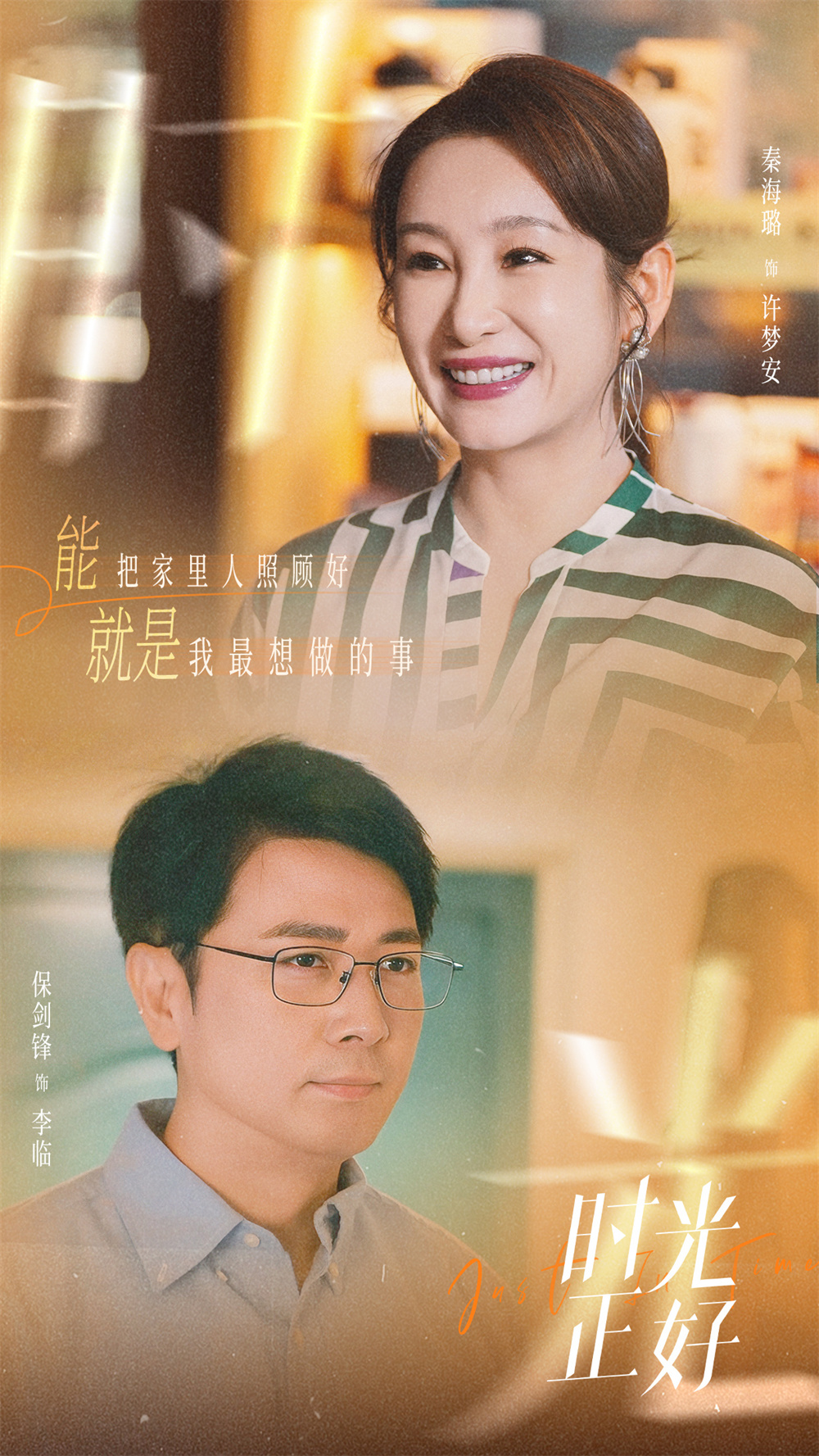
Xu Mengan and Li Lin
Chen Wanzhen gave birth to twins at the peak of her career, and with the widowhood of raising children, she had no choice but to sacrifice her career and return to her family. Xu Ran understands this very well, "For example, when my family gave birth to a second child, we relied on the help of the whole family to take care of it. The second child was basically "outsourced" to both parents so that we could have time to work." In order to return to the workplace, Chen Wanzhen started all over again, and the hardships involved are sigh-worthy. When writing, Xu Ran did not want to avoid this "birth penalty" faced by women, "I just want to talk about why many women are worried about having children now."
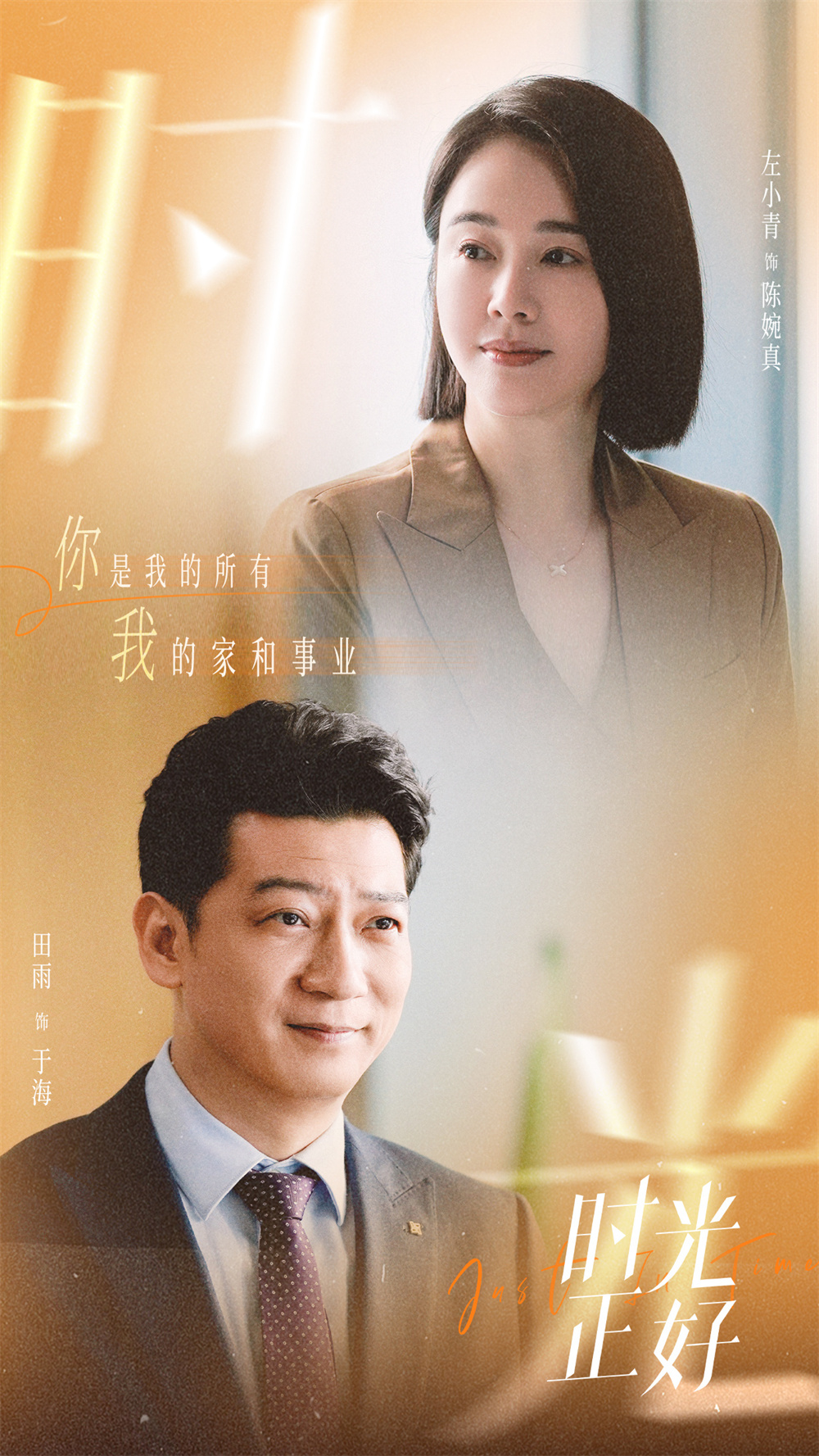
Chen Wanzhen, Yu Hai
Xu Mengxin was criticized by the audience for being a "little drama queen" in the early stage. There were many comments saying that she was ignorant and pretentious. But Xu Ran also had her own thoughts on the setting of this character. "Maybe people don't pay much attention to the fact that her mood swings in the early stage were partly due to the effect of progesterone, and she suffered from postpartum depression in the later stage." In fact, Xu Ran has a friend who suffers from postpartum depression. "When she was sick, she faced a situation where even the closest people around her couldn't understand her condition, and even thought she was very drama and annoying." Understanding is difficult, and shouting the slogan "Pay attention to postpartum depression" is easy. Xu Ran hopes to use an exaggerated way to present her condition, but let the audience think about the reasons after frowning. In the latter part of the plot, Xu Mengxin, who is the most "pretentious", is affectionate and righteous, and faces the ups and downs of her career with her husband.

Xu Mengxin, Jia Haowen
Jiaping Pictures has previously produced excellent realistic works such as "Chicken Feathers Flying to the Sky", "In the Distance", and "Big Waves Washing Sand". It is very good at realistic themes and has rich experience in creation and production. Talking about the casting of Jiaping Pictures, Xu Ran praised that "they are very good at selecting actors": "70% likeness and 30% acting. In fact, these actors are very close to the characters, and the actors' own characteristics also enrich the layers of the characters."
In Xu Ran's opinion, Qin Hailu is quite a "dominant boss" in real life. She has her own ideas, but she also has a girlish side. "It's a bit of a contrast, and she brought this trait to the role. She herself said that she enjoyed the role very much because she felt that in other dramas, she might not be able to release so much of herself."
Bao Jianfeng even surprised her. "At first I thought that Bao Ge always plays the role of a boss or a playboy. Is this role suitable?" Xu Ran said with a smile. "I think our role belongs to the popular "loser" track on the Internet now, and it seems to have nothing to do with Bao Ge. But he interpreted this role very well, and played the role of a leader in the Jiangsu, Zhejiang and Shanghai tracks."
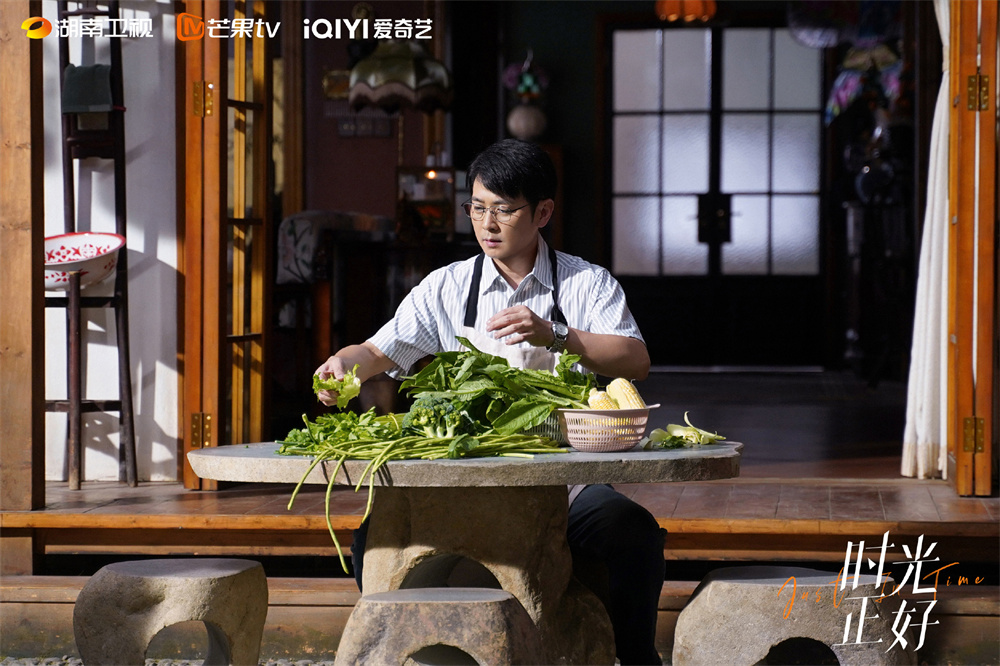
Bao Jianfeng as Li Lin
Screenwriter Communication
From the original novel to the screenplay, there are always many difficulties. Xu Ran believes that the difficulty of film and television adaptation is: don't get lost in the world of the novel.
"Many producers think that since they have bought my novel, can you just make some changes and use it? Fans of the original novel may also think that it is OK if you just copy the book, but this may not be the case." In the eyes of professional screenwriters, IP adaptation is usually "destruction before construction." "The narrative methods and focuses of novels and scripts are different. Novels are not for film and television presentation." Xu Ran said frankly, "In a novel, if I want to tell a story about a character, there are many ways to write it. I can directly state it or use psychological description, which can quickly make readers understand and empathize. But on the screen, how I present the character is through audio-visual language."
Moreover, although it is still creation behind closed doors, "unlike novelists, screenwriters do not face the audience directly after the work is created. Screenwriters have to face Party A, the platform, and the creative team... Novels are To C, and we are To B first and then To C." Xu Ran said.
This time, Xu Ran met Jiaping Pictures, where the team attached great importance to the script and respected the screenwriters, giving Xu Ran enough creative space. However, Xu Ran's creations always have to face the test of all aspects of the market. For example, when looking for a broadcasting platform, different platforms face different audiences, and the opinions on the script are different. "This platform wants to be more exciting, and that platform wants to be more anxious. Who should we listen to? We still have to judge the demands behind them." The opinions of the platform are more commercial demands, and the data tells them what the audience wants to see. From the perspective of directors and actors, it is different. "They will make requirements from the perspective of how to complete the play efficiently and how to complete their roles."
"Therefore, screenwriters need to understand what the considerations and demands behind the other party's questions are, and then they can respond." But Xu Ran has learned his lesson. "If I change whatever the client says, the project may be ruined. Later, I reflected that I still need to have a backbone." For example, the platform wants the market, but the platform also has many planners and editors, and everyone's understanding of the market and the audience may not be the same. At this time, the screenwriter is the one who understands the project best and can give the most accurate suggestions. "You give a direction that is not within their expectations but is more in line with the project. If you can impress them, the platform will also recognize it."
Xu Ran laughed and said that many screenwriters are essentially i people, but often need to pretend to be e people because this is a job that requires a lot of coordination and communication.
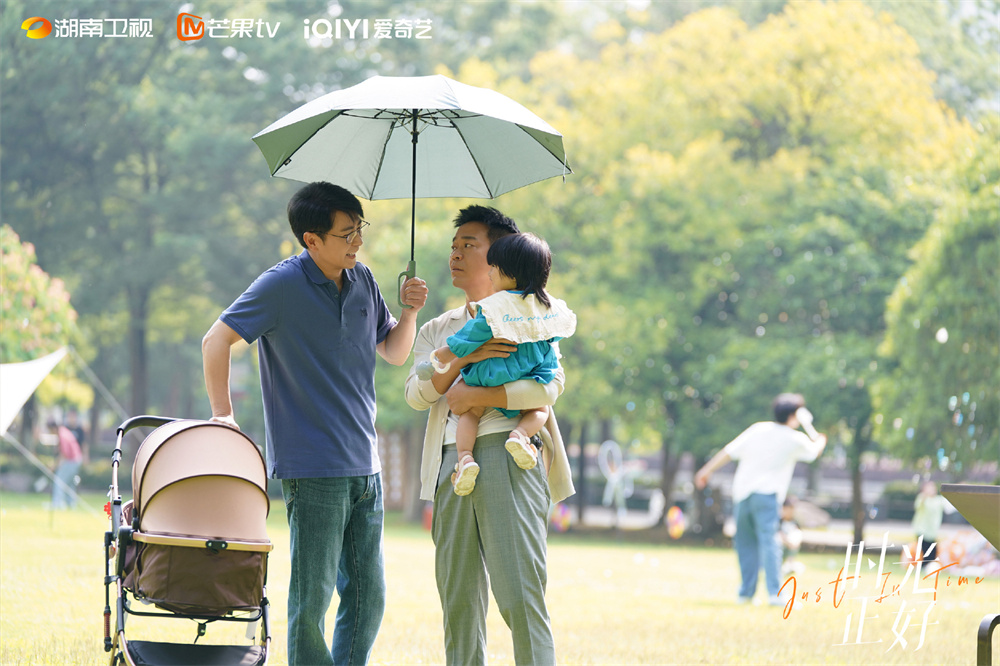
Stills from The Right Time
The true expression of the Shuangwen era
Nowadays, it seems to be an era of exciting dramas and exciting novels, but "Just in Time" goes against the trend. The drama presents the midlife crisis, life pressure, and career upheaval in a rich and real way. Although it is a subject matter and narrative that is not very optimistic, it has received quite good feedback in terms of ratings and word of mouth, and has found resonance with the audience.
"The track is indeed constantly changing, and it's actually quite painful for me to keep up with the changes," Xu Ran admitted. "From another perspective, the audience's needs are more diverse. In fact, it's good to have innovative expressions on any track."
In Xu Ran's opinion, "Just the Right Time" has made some innovations in the genre of urban emotions. "If we follow the so-called market logic and make family dramas about fertility topics about opposition and anxiety, will it be successful? Success cannot necessarily be replicated. We took another path: emotions can be provoked, but they should be soothed."
The positioning of the show in the early stage was: warm realism, but realism cannot avoid real problems. "For example, unemployment and layoffs, at least during the time when we created this series, the optimization of the Internet industry was a very common problem," Xu Ran said, "We cannot avoid the anxiety of society."
In real life, there are layoffs, unemployment and recession. In the TV series, Xu Meng'an's family lost their jobs, Xu Mengxin's family went bankrupt, and elite women like Wanzhen had to start from odd jobs when they returned to the workplace. "But as human beings, we will be caught between family and career and seek solutions. Do you think we will make sacrifices or feel lost? Of course we will." Only by admitting that there are problems can we give some sweetness and comfort. For example, the warmth of the family, the support of the partner, and the understanding of the children described in the play.
"You have to face the real problems of society, or strive to express some real views on life, society, and women themselves, only then will you have the possibility of being recognized." Xu Ran firmly believes this.


